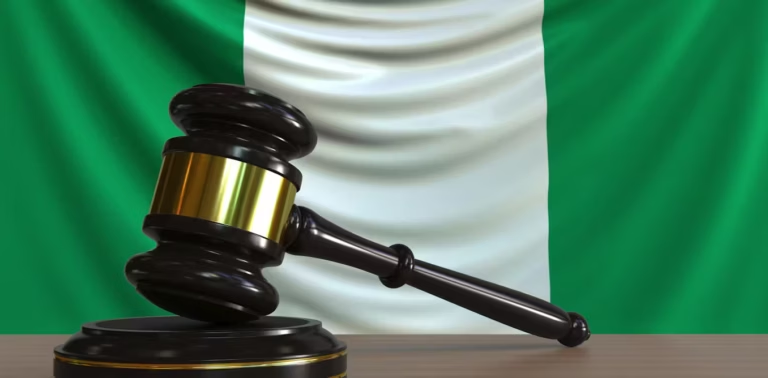Abuja, March 19 – Nigerian lawmakers have launched a probe into over a dozen non-profit organizations, demanding they submit tax records and financial statements spanning the past decade. This move has sparked accusations of intimidation and suppression from civil society groups.
The organizations under scrutiny include those previously funded by the U.S. Agency for International Development (USAID)—Washington’s primary humanitarian aid agency. This comes at a time when USAID’s activities have been largely frozen for 90 days by the U.S. government for reassessment.
What Sparked the Investigation?
The probe follows controversial claims made last month by U.S. Congressman Scott Perry, who alleged—without evidence—that USAID had funneled funds to Islamist groups worldwide, including Boko Haram in Nigeria.
However, U.S. Ambassador to Nigeria, Richard Mills, has strongly rejected these allegations, dismissing them as baseless.
Despite this, Nigeria’s House of Representatives Committee has sent out letters to nonprofit groups, including Transparency International Nigeria, demanding they disclose:
Audited financial statements from 2015–2024
Sources of funding
Details on expenditure and project implementation
The stated aim? To “unravel their real identities, sources of funding, and how they spend their money.”
Nonprofits Cry Foul: “An Attempt to Silence Us”
Many of the targeted organizations see the probe as a veiled attack on civil society and a deliberate attempt to suppress free speech and advocacy work.
Auwal Musa Rafsanjani, head of Transparency International Nigeria, called the investigation baseless and politically motivated:
“On the basis of hearsay, just an unfounded allegation without any proven evidence from Nigerian security or financial agencies, the National Assembly is embarking on this witch hunt.”
Abiodun Baiyewu, executive director of Global Rights, described the probe as:
“A brazen attempt at bullying the non-profit sector and not done in good faith.”
Government Stance: “Allegations Are Too Serious to Ignore”
Responding to the backlash, House of Representatives spokesperson Akin Rotimi insisted that the probe was not aimed at harassing nonprofits.
“The allegations made by the U.S. Congressman are too weighty to be dismissed. This investigation is necessary to understand how these funds have been managed and whether there have been any lapses.”
Nigeria’s parliamentary committees have the power to investigate matters deemed of national interest. If their reports are adopted, they could lead to:
Legal action against organizations or individuals
Potential arrests and prosecutions
With NGOs already operating under increasing restrictions, this investigation adds to growing concerns over shrinking civic space in Nigeria.
The coming weeks will reveal whether this is a genuine effort to ensure financial transparency—or a political tool to stifle dissent.

